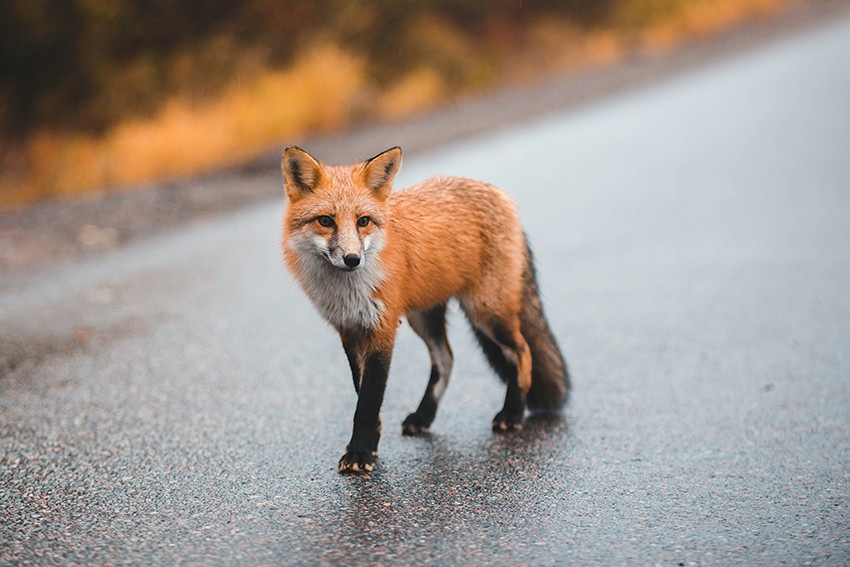General News
14 April, 2025
Fox baits a harmless mistake
The Department of Energy, Environment and Climate Action (DEECA) has issued a statement confirming that a number of baits for foxes were placed in Big Desert State Forest by mistake recently.

It came after a local dingo researcher asked why DEECA was baiting for foxes in the reserve – an area where, she said, the department had been baiting and trapping dingoes over the past decade.
Founder of Big Desert Dingo Research, Ellisha Martion, alleged baits were found in the area where Lawloit livestock producer Alan Bennett had publicly reported livestock losses.
"These baits were deliberately laid with the knowledge that fox baits contain enough 1080 poison to kill a dingo," Ms Martion said.
"As you may know, dingoes in Victoria are listed as a threatened species, and the Big Desert dingo population is specifically excluded from the order in council that unprotects dingoes in the east of the state.
"Killing a threatened species is an offence, with maximum penalties of a $46,154 fine and/or two years in jail."
In reply, a DEECA representative said they could confirm that a small number of fox baits were placed within Big Desert State Forest by a contractor employed to manage foxes in the north-west of the state.
"All baits were removed within 30 hours and there was no evidence of any impact to wildlife," the representative said.
"Foxes are one of Victoria’s most destructive invasive species, causing significant impacts to wildlife, including vulnerable species such as the malleefowl.”
The representative added that none of the baits showed any evidence of having been tampered wtih by wildlife, meaning there was no impact to local species.
Meanwhile, Member for Western Victoria Bev McArthur said farmers had suffered increased losses in stock since a decision was made in March last year to ban wild-dog control across north-west Victoria.
At the time, ministers reassured farmers they would be able to protect their livestock by applying for an ‘Authority to Control Wildlife’ permit.
Some applicants are now claiming they have been unfairly denied this permit.
“This issue is of great concern to farmers in western Victoria region as many believe that this government will ultimately extend the ban on dingo control across the whole state,” Mrs McArthur said.
Mrs McArthur said the emotional and financial impact of losses of stock was felt immediately but protecting stock using non-lethal measures took time to implement.
“Guardian dogs for stock take two years to bond and fully train," she said.
“Farmers like Alan Bennett, forced to spend $200,000 on dog-proof fencing with no financial support from government, cannot simply magic up fencing or the money to pay for it."
Mrs McArthur said 120 of Mr Bennett’s sheep had been killed and countless more attacked.
"In one paddock 70 per cent of the lambs were killed," she said.
“In the 12 months since the decision, the losses have been three times those in 2023 – the last year of the wild dog control program.
“I am similarly told that as many as 500 to 600 sheep have been killed across the district – 10 times the total when the control program operated."
Mrs McArthur said she was seeking the publication of annual population surveys of dingoes in Big Desrt National Park and the announcement of the target population required before farmers could once more protect their stock.